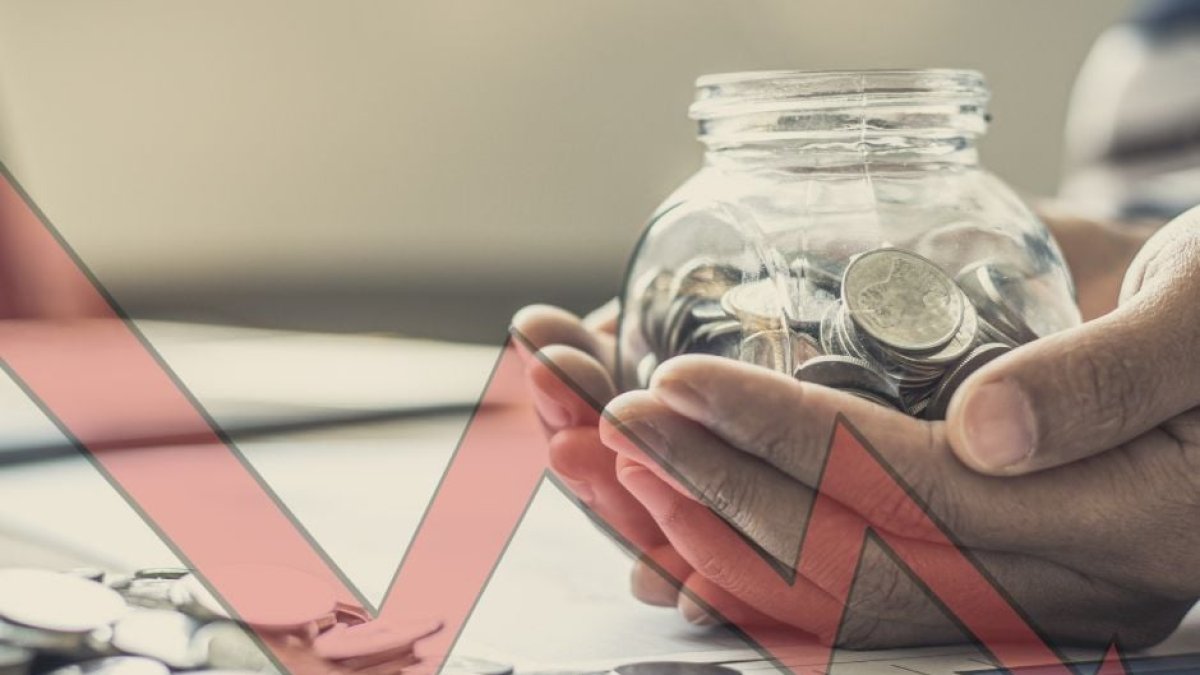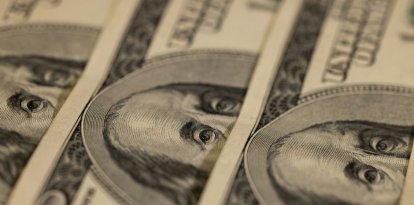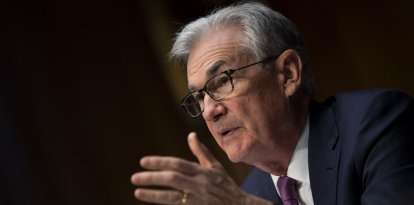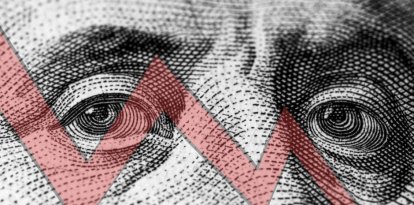The Personal Consumption Expenditures Price Index rises 2.5%
Rising PCE can have a negative impact on the economy as "it may lead to a rise in interest rates and a rise in local currency; on the other hand, during recession, a rise in CPI may lead to a deepened recession," according to 'Investing.com."

(Canva)
The Department of Commerce's Bureau of Economic Analysis released its "Personal Income and Expenditures, February 2024" report. The analysis shows that the Personal Consumption Expenditure Price Index (PCE) rose 2.5% in the last 12 months (until February of this year).
The PCE is an "indicator of the average increase in the prices for all domestic personal consumption." According to Investing.com, this may hurt the economy since, "it may lead to a rise in interest rates and a rise in local currency; on the other hand, during recession, a rise in CPI may lead to a deepened recession and therefore a fall of the local currency."
The PCE core price index, a metric that excludes food and energy costs, rose 2.8%:
Monthly index also on the rise
The PCE index rose 0.3% compared to January. Excluding food and energy, it increased by another 0.3%:
























